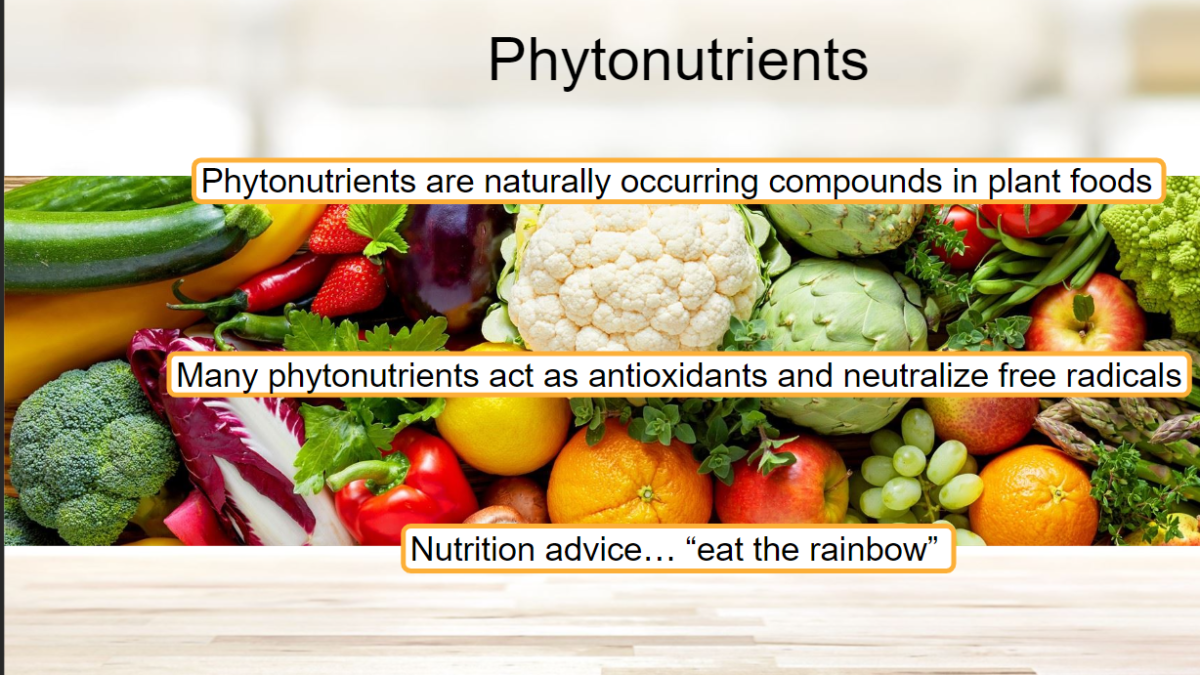Have you ever heard the term “phytonutrients” and wondered what it means? These powerful compounds are found in plants and have been gaining attention for their potential health benefits. In this article, we will explore what phytonutrients are, why they are important, and how you can incorporate them into your diet.
What are Phytonutrients?
Phytonutrients, also known as phytochemicals, are natural compounds that are found in plants. They are responsible for giving fruits, vegetables, and other plant-based foods their vibrant colors, flavors, and smells. While they are not considered essential nutrients like vitamins and minerals, they have been shown to have a wide range of health benefits.
There are thousands of different phytonutrients, each with its own unique properties. Some well-known examples include anthocyanins in berries, lycopene in tomatoes, and curcumin in turmeric. These compounds have antioxidant, anti-inflammatory, and immune-boosting properties that can help protect against chronic diseases.
Why Are Phytonutrients Important?
Phytonutrients play a crucial role in supporting overall health and well-being. Here are a few reasons why they are important:
1. Antioxidant Activity
Many phytonutrients act as antioxidants, which means they help protect our cells from damage caused by free radicals. Free radicals are unstable molecules that can lead to oxidative stress and contribute to the development of chronic diseases such as heart disease, cancer, and neurodegenerative disorders. By neutralizing free radicals, phytonutrients help reduce the risk of these diseases.
2. Anti-Inflammatory Effects
Inflammation is a natural response by the body to protect against injury or infection. However, chronic inflammation can contribute to the development of various diseases, including heart disease, diabetes, and certain types of cancer. Phytonutrients have been shown to have anti-inflammatory effects, helping to reduce inflammation and promote overall health.
3. Disease Prevention
Studies have suggested that a diet rich in phytonutrients may help lower the risk of chronic diseases. For example, the consumption of foods high in phytonutrients has been associated with a reduced risk of heart disease, certain types of cancer, and age-related macular degeneration. Including a variety of colorful fruits, vegetables, whole grains, and herbs in your diet can provide a wide range of phytonutrients that support disease prevention.
How to Incorporate Phytonutrients into Your Diet
Now that you understand the importance of phytonutrients, here are some tips to help you incorporate them into your diet:
1. Eat a Rainbow of Colors
Include a variety of colorful fruits and vegetables in your meals. Different colors indicate the presence of different phytonutrients. For example, red and pink fruits and vegetables are rich in lycopene, while blue and purple ones are high in anthocyanins. By eating a rainbow of colors, you can ensure that you are getting a wide range of phytonutrients.
2. Choose Whole Foods
Opt for whole foods rather than processed ones. Processing can reduce the phytonutrient content in foods. Fresh fruits and vegetables, whole grains, legumes, nuts, and seeds are all excellent sources of phytonutrients.
3. Cook with Herbs and Spices
Herbs and spices not only add flavor to your meals but also provide a concentrated source of phytonutrients. Incorporate herbs like basil, oregano, and cilantro, as well as spices like turmeric, cinnamon, and ginger into your cooking.
4. Try Different Cooking Methods
Experiment with different cooking methods to preserve the phytonutrient content in your food. Steaming, sautéing, and roasting are all great options. Avoid overcooking vegetables, as this can lead to nutrient loss.
5. Consider Supplements
If you struggle to consume an adequate amount of phytonutrients through your diet, you may consider taking a phytonutrient supplement. However, it’s important to remember that supplements should not replace a healthy diet and lifestyle.
In conclusion, phytonutrients are natural compounds found in plants that offer numerous health benefits. By incorporating a variety of colorful fruits, vegetables, whole grains, and herbs into your diet, you can ensure that you are getting a wide range of phytonutrients to support your overall health and well-being.
Explore further in Strategies to Minimise Lifestyle Diseases.


